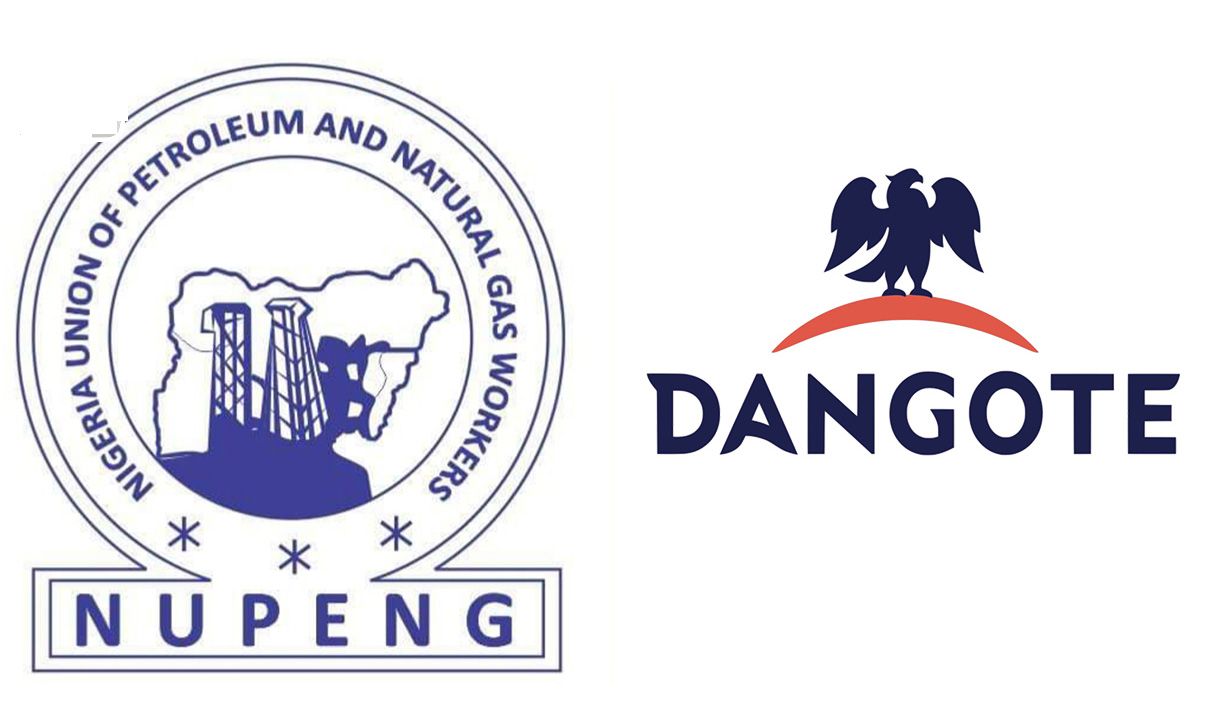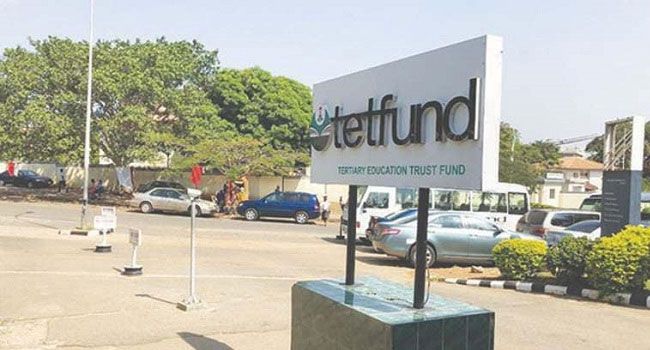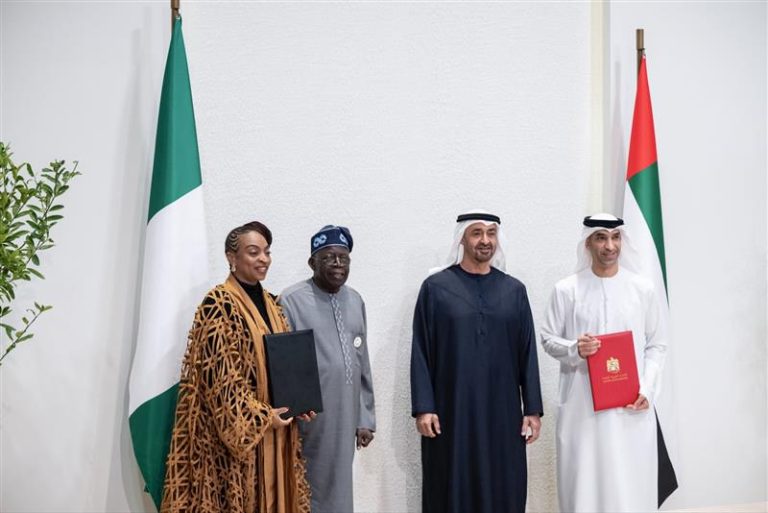
The standoff between Dangote Petroleum Refinery and the Nigeria Union of Petroleum and Natural Gas Workers (NUPENG) deepened on Friday, as the refinery publicly challenged the union to expose those behind the $18 billion spent on government-owned refineries with no results to show.
In a strongly worded statement, the Dangote Group questioned why the Port Harcourt, Warri, and Kaduna refineries all owned by the Federal Government remain inactive despite billions of dollars allegedly spent on turnaround maintenance and rehabilitation by successive administrations.
“We must begin to ask what happened to all four of Nigeria’s government-owned refineries,” the company said. “When Port Harcourt and Kaduna refineries were privatised in 2007, with Dangote as part of the consortium, NUPENG was among those who vehemently opposed the move. Years later, the nation has spent $18 billion and still has nothing to show. Can NUPENG help Nigerians find out where the money went?”
Union Accuses Dangote of Union Suppression
The renewed clash follows NUPENG’s allegations that Dangote Refinery is blocking workers’ rights to unionise, particularly among drivers employed to operate the refinery’s new fleet of 4,000 compressed natural gas (CNG)-powered trucks.
The union claims the refinery forcibly removed NUPENG stickers from trucks and replaced them with those of a newly formed Direct Trucking Company Drivers Association, which NUPENG alleges was created by the company to divide workers and weaken labour influence.
In protest, NUPENG blocked the refinery entrance, halting fuel loading activities. The protest, which began on Monday, temporarily shut down multiple fuel depots across the country until it was suspended on Tuesday following a Memorandum of Understanding brokered by the Ministry of Labour and Employment.
However, the union claims Dangote violated that agreement just two days later, reigniting tensions.
Both Parties Summoned to DSS Office
In an effort to prevent further escalation, the Department of State Services (DSS) convened another meeting on Friday between both parties. Representing Dangote was Alhaji Sayyu Dantata of MRS Oil, while NUPENG was led by its National President, Williams Akporeha.
Speaking to journalists after the meeting, Akporeha confirmed that all sides were urged to uphold the terms of the MoU signed earlier in the week.
“The meeting has ended. The status of the communique must be maintained by all parties,” he said.
While NUPENG has accused Dangote of attempting to monopolise fuel distribution and crush union activism under the guise of innovation, the Dangote Group insists it fully supports labour rights and operates within a deregulated market framework overseen by the Nigerian Midstream and Downstream Petroleum Regulatory Authority (NMDPRA).
“Assertions of monopolistic intent are both legally and factually incorrect,” the company stated, adding that no employee is being denied the right to join a legally recognised union.
NUPENG Issues Warnings
In a fiery response, NUPENG described Dangote’s statements as “capitalist falsehoods” and warned Nigerians not to fall for what it called a “Greek gift” referring to the refinery’s recent offer of free nationwide petroleum delivery. The union claims the gesture is a ploy to dominate the sector and undermine workers’ rights.
It also called on both Nigerians and the international community to resist any attempts to restrict freedom of association, warning that its leaders must not be endangered in the course of the struggle.
What’s at Stake?
- $18 billion in historical government refinery spending under scrutiny
- Right to unionise for thousands of new Dangote refinery truck drivers
- Control of downstream fuel distribution in a deregulated market
- Labour rights vs corporate independence in Nigeria’s largest private refinery
The Dangote Refinery, which only recently began operations, is already reshaping Nigeria’s petroleum supply chain, but its ongoing clash with labour could become a defining test of its long-term business model and a legal battleground for union rights in the private sector.



